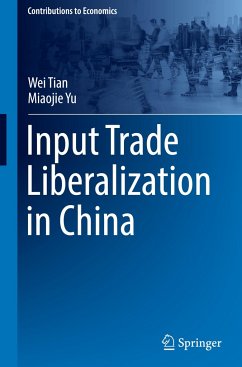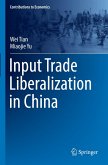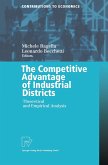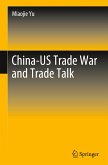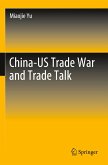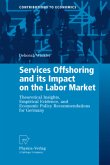This book focuses on input trade liberalization in China and discusses the underlying causes and profound effects of Chinese enterprises facing import liberalization of intermediate input. The content of this book includes ten chapters. The analysis of this book mainly uses academic research, with policy study for a few chapters. Most chapters in this book apply the standard method of contemporary economic systems, integrating into the most advanced economic theories of international trade. The author uses theoretical models to obtain predictions which receive empirical support and carries out strict empirical research using data of China's manufacturing enterprises and China's customs to analyze the causes which affect Chinese enterprises facing import liberalization of intermediate input after China's reform and opening-up.
The suggested readership would be the public who are willing to understand the issues closely related to China's input trade liberalization and opening-up policy, and basic knowledge in economics would be necessary in understanding the academic research part of the book. Meanwhile, this book is also specifically compelling to business persons and policy makers in that it enables deeper understanding on issues about outward foreign investment of enterprises and China's opening-up policy and facilitates their decision-making process.
The suggested readership would be the public who are willing to understand the issues closely related to China's input trade liberalization and opening-up policy, and basic knowledge in economics would be necessary in understanding the academic research part of the book. Meanwhile, this book is also specifically compelling to business persons and policy makers in that it enables deeper understanding on issues about outward foreign investment of enterprises and China's opening-up policy and facilitates their decision-making process.

